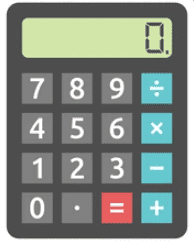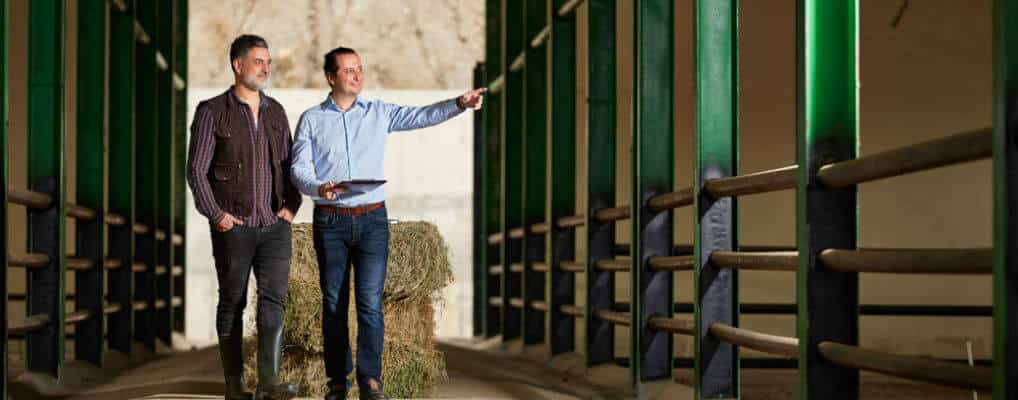
What will a Section 179 tax deduction mean for you and your farms, ranches, orchards, crews, and companies? This is one of the most significant overhauls of the United States tax code in thirty years.
We’ll explain what it is, how it affects you, limitations, and more. Learn more about year-end tax planning for farmers, landscapers, and other outdoor contractors with this guide.
What Is Section 179 Deduction?
In 2018, for the first time, individuals can instantly write off qualifying capital purchases. Such purchases might include heavy equipment, breeding livestock, and structures (single-purpose) up to $1 million. It’s an expensing provision, and the “phase out” doesn’t commence until said farm reaches $2.5 million in its purchases.
Section 179, Explained
There is an online resource that explains what Section 179 is so you can understand it better. Here’s how the website explains Section 179:
“Essentially, Section 179 of the IRS tax code allows businesses to deduct the full purchase price of qualifying equipment and/or software purchased or financed during the tax year. That means that if you buy (or lease) a piece of qualifying equipment, you can deduct the FULL PURCHASE PRICE from your gross income. It’s an incentive created by the U.S. government to encourage businesses to buy equipment and invest in themselves.”
Furthermore, the website has a Section 179 Calculator that you can use to determine how much money Section 179 can save you.
Note: The Section 175 Deduction in income tax applies to anyone making a heavy equipment purchase. Keep in mind that when we mention IRS farm deductions, equipment for your landscaping or construction company or your road crew should also fall under this umbrella.
What Farm Expenses Are Tax Deductible?
As we said, when we say “deductible farm expenses” we’re looking at all you other contractors out there as well. The farm tax write-offs allow you to elect to recover all or part of the cost of qualifying property, up to a certain limit. You must deduct it in the year you place said property into service. Your other option is to recover the cost by taking depreciation reductions over several years.
Saving Money: Tax Breaks for Farmers, Road/Construction Crews & Landscapers
Use the information below to understand more about the 179 deductions in income tax.
1. Landscape, Construction & Farm Depreciation
As of September 27, 2017, all the way through 2022, you’re able to write off 100% of qualifying property purchases. As per the depreciation schedule for farm equipment, in 2022, a phase-down will occur. This new tax law expands bonus farm equipment depreciation: now included are both new and used purchases and even property that’s been constructed. Further, this applies to fruit- and nut-bearing plants.
2. Section 179 Farm Equipment – Qualifying Purchases
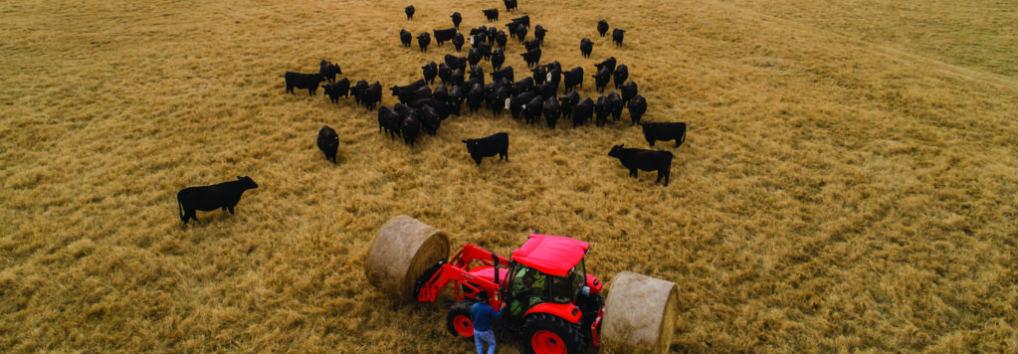
Equipment and machinery (aside from grain bins, fencing, and land improvement structures) may be depreciated over the course of 5 years if the original use of property starts with the taxpayer. See the list below.
Please reference an exhaustive, government-approved farm tax deductions list for further details regarding all your farm tax benefits.
Eligible property includes the following:
- Tangible personal property (such as livestock, storage tanks, machines, etc.)
- Other tangible property (research facility, bulk storage, etc.)
- Single-purpose structures (greenhouses and shelters for raising livestock, etc.)
- Storage facilities (connected particularly with petroleum)
- Qualified real property
- Off-the-shelf computer software
Bobby Ford Tractor and Equipment has qualifying Section 179 specials on new skid-steer and excavator purchases.
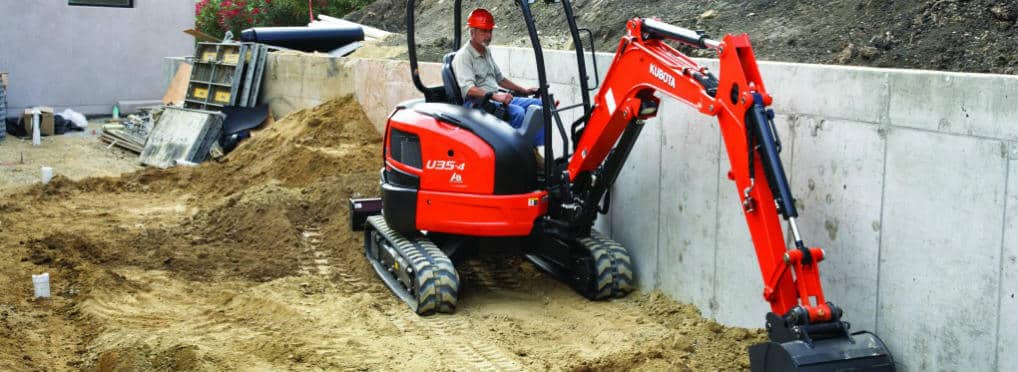
3. Section 179 Deduction Limitations – Property Not Qualifying
Equally important as the farm tax deduction checklist above are the products that DO NOT qualify for the Section 179 deduction.
Ineligible property includes the following:
- Land and improvements (parking lots, docks, bridges, fences, etc.)
- Excepted property (property used outside the country, by certain tax-exempt organizations, leased to others, etc.)
- Leased property (whether manufactured or purchased by you)
- Energy property (solar energy equipment, geothermal power equipment, etc.)
Farm Income Tax Deductions – Limitations to Note
Businesses, including farms, will face limitations when deducting interest expenses if their taxable income goes beyond $25 million. Your taxable income will be calculated without factoring in specific adjustments like business interest expense, along with the net operating loss.
Further, your interest deductions cannot exceed the business interest income plus 30% of the adjustable taxable income. Farmers may elect to avoid the limitation, but there is a catch. The farm equipment depreciation method is slower and, therefore, is required to be used on property boasting a recovery period of 10+ years.
Making the Most of the Farm Tax Credit
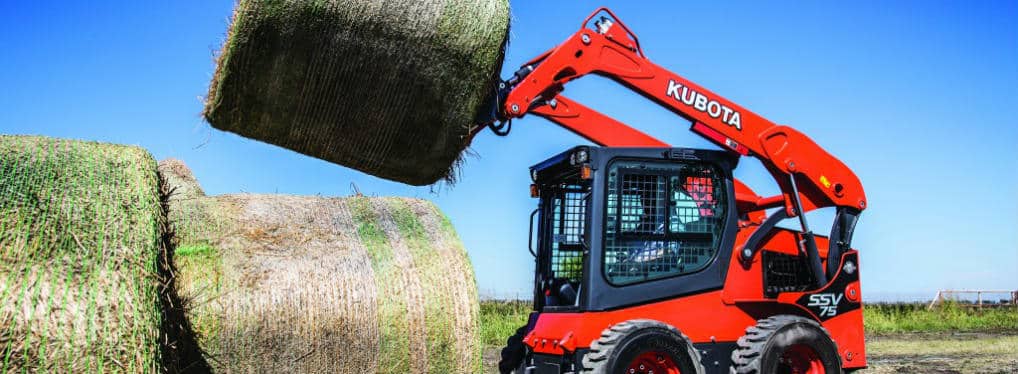
To claim your farm expenses tax deductible, you must prove your intention at making a profit. Even if you make no money on your farm or with your business, you can still claim deductions if you’re appearing or preparing to try to make a profit.
Cost of lime and fertilizers, prep for planting, land clearing, erosion control, repairs, building maintenance, tool maintenance, and more count as expenses that may be deductible in the farm tax credit process.
You may depreciate new buildings, new livestock, and new equipment over the course of several years. For example, the farm vehicle tax credit factors in when those car or truck expenses are attributable to work at your business.
Today is the best time to buy. Check out Bobby Ford’s line of Kubota Construction Equipment, and keep browsing the Bobby Ford Tractor and Equipment site for even more deals from the Greater Houston area’s trusted Kubota Dealer.
Contact us today with your specific needs and questions now!
This is not intended as accounting or legal advice; for more information, please contact an accountant.
The content on this site reflects my own opinions and does not necessarily reflect the views or opinions of my employer or Kubota Tractor Corporation.

